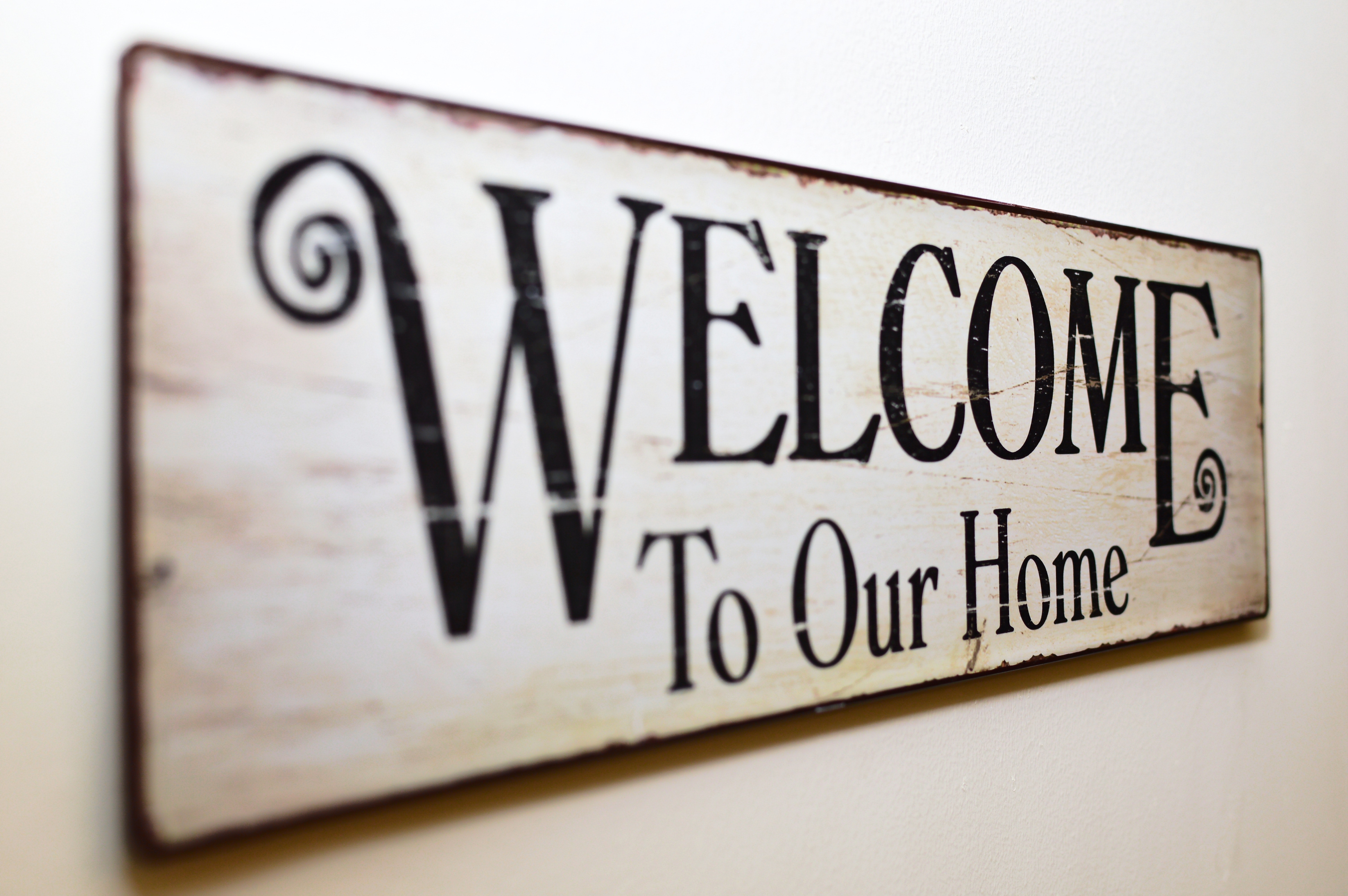
Negotiating the best price for a home can be a daunting task, especially if you're a first-time home buyer. However, with a little preparation and know-how, you can feel confident and secure in your negotiations. Here are some tips on how to negotiate the best price for a home:
Do your homework: Before you start negotiations, it's important to do your research and know the market value of the home you're interested in. Look at comparable sales in the area to get a sense of what similar homes are selling for. Your Realtor should be able to help you with this information. This will give you a good starting point for your negotiations and help you make a realistic offer.
Get pre-approved for a mortgage: It's always a good idea to get pre-approved for a mortgage before you start looking for a home. This will give you a better idea of how much you can afford to spend and help you make a more competitive offer. When you make an offer on a home, include a pre-approval letter from your lender to show the seller that you're serious about buying and have the financial means to do so.
Make your first offer your best offer: While it's common to negotiate on price, it's important to remember that your first offer is often your best chance to make a strong impression on the seller. Consider making your first offer your highest and best offer, especially if you're competing with other buyers. This shows the seller that you're committed to buying the home and helps increase your chances of getting the home at a fair price.
Be flexible: While it's important to have a clear idea of what you want and what you're willing to pay, it's also important to be flexible and open to compromise. The seller may be willing to negotiate on certain terms, such as closing costs or repairs, in order to reach a deal. Be open to discussing these options and see if you can find a mutually beneficial solution.
Use your leverage: If you're a cash buyer or have a strong pre-approval letter, you may have an advantage in negotiations. Use this leverage to your advantage and don't be afraid to negotiate aggressively to get the best deal possible.
Have a solid backup plan: It's important to have a solid backup plan in case negotiations fall through. This could mean having a list of other properties you're interested in or being prepared to make a higher offer if necessary. Having a backup plan will help you feel confident and secure in your negotiations and ensure that you don't miss out on the home of your dreams.
Overall, negotiating the best price for a home requires a combination of preparation, knowledge of the market, and confidence. By following these tips and being open to compromise, you can feel confident in your negotiations and secure the best deal possible on your dream home.
For more information or for a free, no-hassle consultation, contact us at (559) 303-8618 or Mark@MyCornerstoneRealty.com!
